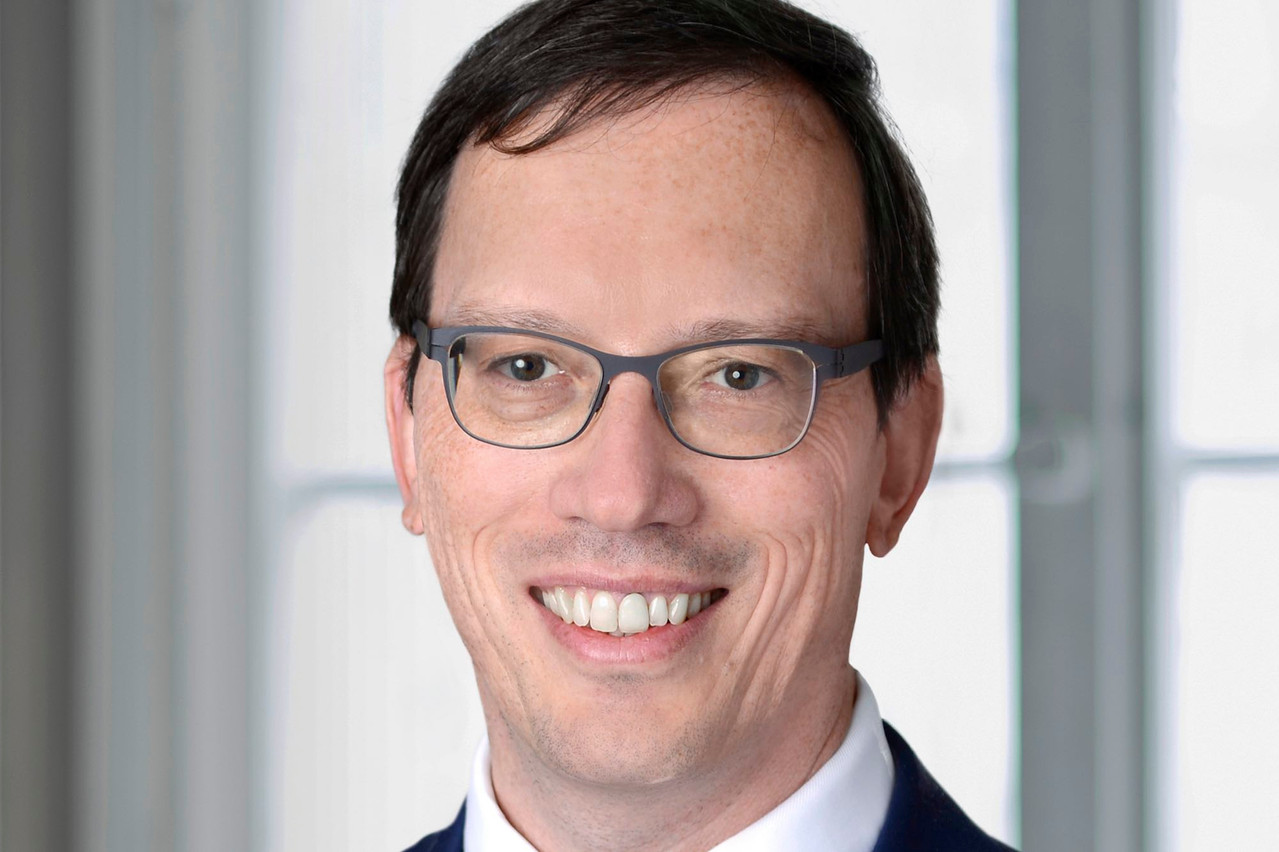“Six months ago, a lot of people were talking about the death of offices,” Herm told Delano in late September. “Over the last two months or so, we are seeing slightly different movements, but it also really varies between countries.” Local labour laws play a big role. Spain’s labour code essentially imposes higher costs on employers if their staff work remotely, and “this actually pushes employees back” to the office. On the other hand, many in Germany are just starting to return.
Another factor is just as influential. Herm has heard from many occupiers that staff themselves want to return to the workplace, particularly those in the technology sector, which employs a higher proportion of younger employees. “Young people actually want to go back to the office. While, I would say, middle-aged people are less keen to come back.” That is largely because younger employees are more likely to live in a smaller flat, while older staff probably have a larger home.
Green not priced in today
What will “have a much more significant impact than the pandemic is the changing regulations from the EU on sustainability.” The upcoming Sustainable Finance Disclosure Regulation “will reshape the whole industry.” SFDR “ultimately will have an impact on asset valuations. Maybe not in 2021, probably by the end of ‘22 to ‘23.” The rules are not finalised, and Herm does not “want to panic the market, but I think everyone needs to be aware” of the potential impact. “If the real estate industry, or real estate as such, [is to] really contribute to reducing the carbonisation of the world, then we are talking about significant [capital expenditure] in real estate. And that needs to be reflected in the pricing and probably also on the valuations of properties. And this is not incorporated in today’s evaluations or in today’s prices.”
Another layer of complexity, particularly for cross-border investment funds that need to comply with rules in multiple jurisdictions, is “how this EU regulation is actually translated into national laws”. For example, a building using nuclear power would pass as CO2 neutral in France, but not in Germany.
Impact on returns
Despite this uncertainty, investors can get ahead of the curve by “always being on the forefront” of building technology. Modern methods “might be behind in 10 years, but if you already compromise today, and just try to make shortcuts, I think you would lose out in the medium term. So always do it at the highest possible standards.”
In the property market overall, “investors should expect that, with all these ESG regulations, it will cost returns. There’s no doubt about it.” While the property market needs to “contribute to society”, Herm notes that lower returns will hit institutional investors, such as pension funds, that also have societal obligations. “We have to give feedback to our clients” about this potential trade-off.
Originally published in Delano’s edition. Be among the first to read interviews and features in the magazine by today.
